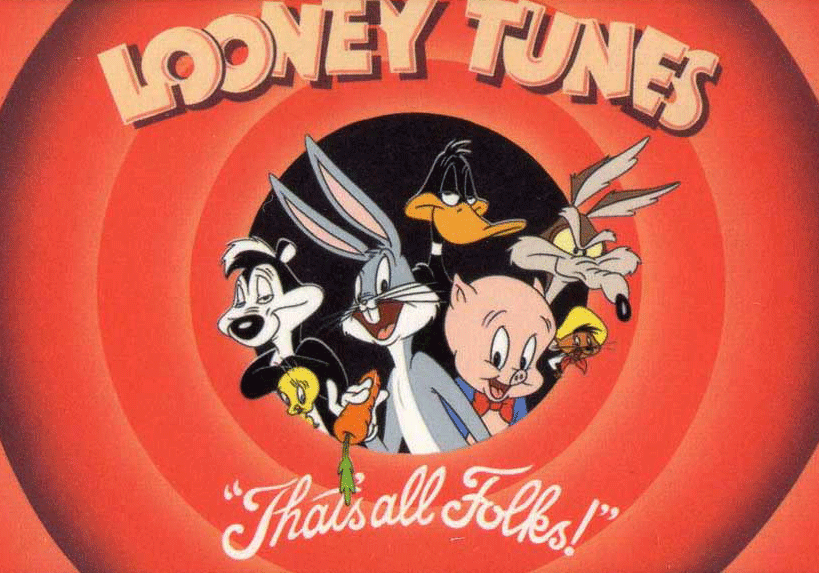
For most Americans of a certain age, a major part of childhood involved getting up early on a Saturday morning, perhaps with cereal drenched with cold milk in hand, to watch several hours of television cartoons. While the cartoons may live on, the traditional time slot for airing them ended its run over the weekend.
A Gizmodo article noted that this past weekend marked the first time in over 50 years that American television networks did not run any animated shows on Saturday mornings. The last broadcast television network to air cartoons, the CW, ended its run of Saturday cartoon programming known as "The Vortexx" on Sept. 27 and replaced it with a five-hour bloc of live-action educational programming named "One Magnificent Morning."
"It's sad, though, that an entire generation of kids is missing out on lazy Saturdays filled with excellent cartoons," wrote Jessica Rawden in a Cinema Blend article. "Replacing them with cheaper, educational content was bound to happen, but a little magic has been lost in the process."
According to an article from the Washington Post, Saturday morning time slots were synonymous with cartoons from the 1960s through the 1980s. While it was a time where advertisers and broadcast networks competed for minor viewers, changes started in the 1990s that would eventually lead to the end of Saturday morning cartoons.
NBC placed the first nail in the coffin in 1992 by swapping Saturday morning cartoons for teen comedies such as "Saved by the Bell" and adding a weekend edition of the "Today" show. CBS later ditched its cartoon programming soon after, ABC ended its animated mornings in 2004, and Fox scrapped their Saturday morning cartoons in 2008.
A combination of the rise of cable, changing viewer and cultural tastes, new technologies and the Federal Communications Commission all killed off the Saturday morning cartoon. An FCC rule in the 1990s limited child-targeted advertising during children's TV programs and required broadcast networks to air at least three hours of educational programming a week between 7 a.m. and 10 p.m., both of which made cartoons a less profitable venture for networks.
Cable and satellite channels dedicated to children's programming also took a chunk off the hallowed Saturday morning cartoon tradition, with the rise of major players such as Disney, Nickelodeon and Cartoon Network. The availability of watching cartoons at any time also chipped away at Saturday morning's dominance, first through VHS tapes, DVDs and DVRs, followed by streaming services such as Hulu and Netflix.
However, not everyone thinks the magic of Saturday morning cartoons died alongside its traditional time slot.
"Saturday morning cartoons have never been better," Michael Hewitt, a Los Angeles TV critic, wrote. "Cartoons for kids are at their peak. They're far superior visually to the cheap productions of the past, and generally have much smarter scripts."
Hewitt then noted that cartoons nowadays are narrowly tailored to appeal for certain age groups, as opposed to a series of cartoons that tried to appeal to a general audience.
















